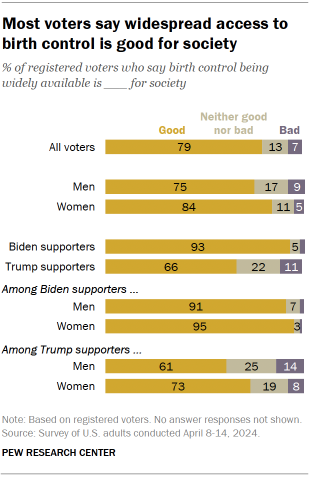
Harris and Walz on Women’s Rights: The Democratic Perspective on Reproductive Freedom
The Democratic National Convention starts today in Chicago. Having already looked at what a Donald Trump and JD Vance presidency might mean for women’s rights in the US, Campaign and Communications Specialist Florence Blondel runs the rule over the new Democratic ticket.
The Democratic Party in the United States consistently prioritises women’s rights, especially reproductive freedoms. The current administration has reinforced this commitment, particularly in response to the overturning of Roe v. Wade, a decision that dismantled nearly 50 years of established women’s rights.
Champions for Reproductive Rights
Vice President Kamala Harris is now the Democratic presidential candidate. She and her running mate, Minnesota Governor Tim Walz, have emerged as strong advocates for women’s rights.
Both leaders are vocal about defending reproductive rights and ensuring that women have access to safe and legal abortions across the country. They are unapologetic about their support against Republican efforts to roll back gains in reproductive healthcare.
They can label me whatever they want if it means kids aren’t going hungry at school and women can make their own health care decisions.”
Tim Walz
Women’s Equality
The Harris-Waltz ticket has so far been loud on reproductive rights across the USA. They emphasise that the Democratic Party has a longstanding stance on women’s rights. The Party has a platform that emphasises gender equality across various domains.
Their commitment extends beyond reproductive rights to workplace equality, paid family leave and efforts to end gender discrimination in education, employment and healthcare. The line “when women succeed, America succeeds” underscores this.

Like President Biden, Harris has been a vocal champion for women and has vowed to sign into law a bill “restoring and protecting reproductive freedom in every state.”
Democrats have said they are acutely aware of the threat a second Trump presidency could pose to reproductive rights. This urgency is evident, as “protecting reproductive rights” has become a recurring theme in the public addresses of both Kamala Harris and Tim Walz, whenever they appear on the campaign trail.
When announcing the selection of her running mate, Harris said:
“He made Minnesota the first state in the country to pass a law providing constitutional abortion protections after the Supreme Court overturned Roe v. Wade.”
Protecting contraception: a constant battle
In June this year, when the ticket was still Biden-Harris, a Pew Research Center survey found about 93 per cent of Biden supporters and 66 per cent of Trump supporters said it’s good for society that birth control is widely available.

However, this year the Democrats again tabled a ‘bill to protect an individual’s ability to access contraceptives and to engage in contraception and to protect a health care provider’s ability to provide contraceptives, contraception, and information related to contraception.” The Right to Contraception Act never passed despite most Americans needing this reassurance.
Harris and Walz continue to champion the importance of contraception. This includes the right to in-vitro fertilisation (IVF), reflecting the party’s dedication to reproductive health. This month’s Democratic National Convention in Chicago is an opportunity to solidify their case.
A future for women’s rights
If elected, Kamala Harris and Tim Walz are poised to advance women’s rights in the US, with a particular focus on reproductive health. Their leadership offers hope for many women and healthcare providers concerned about the potential rollback of rights under a Trump-Vance administration. The stakes are high, and the Democratic ticket seems clear in its resolve to protect and expand the rights of women across the nation.



